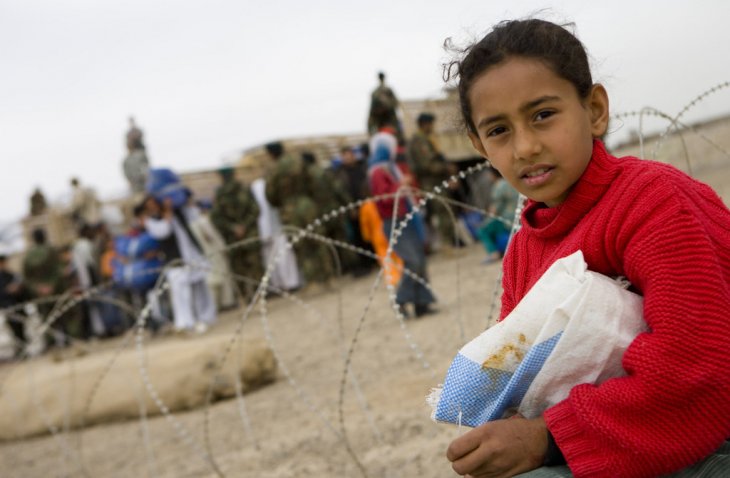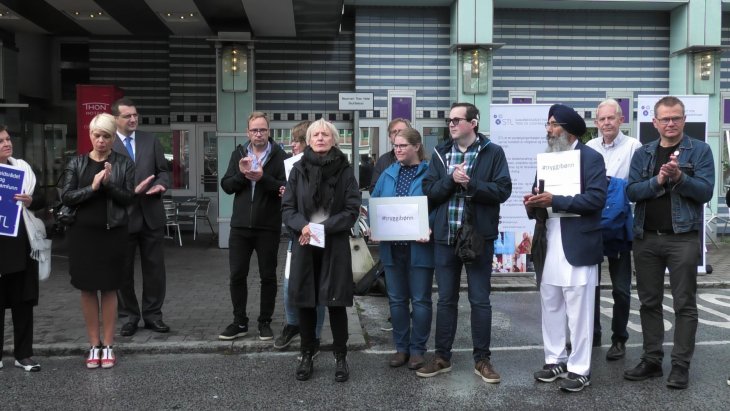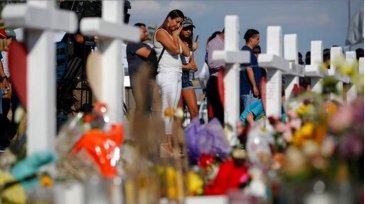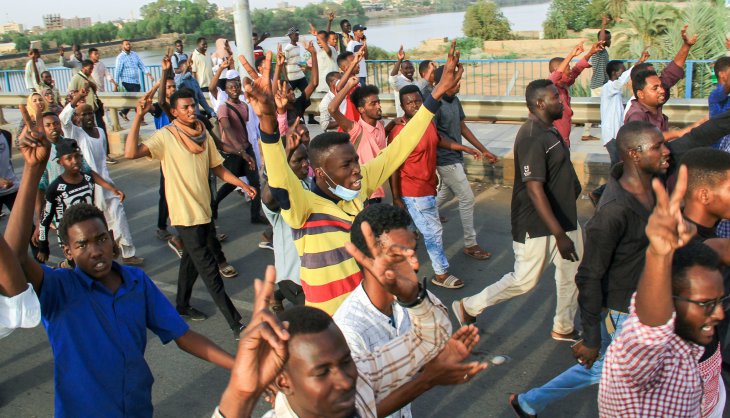Is there really an inherent conflict between pursuing national interests and acting in globally responsible ways on migration?
We call for a debate that moves beyond an artificial dichotomy between the “headless heart” and the “heartless head”. A good start would be to acknowledge the salience and value of binding international agreements, regarding refugees and other migrants.

Photo: ResoluteSupportMedia / Flickr / CC BY 2.0
Since 2015, debates about migration in Europe have increasingly been dominated by voices urging to avoid that our hearts rule our heads on migration policy. Often, these calls have explicitly referenced the ongoing humanitarian crisis at Europe’s borders, where people continue to drown at sea. In the Scandinavian context, a concern for the future of welfare states is often connected to an alleged need for stricter policy on immigration. However, the dichotomy between a “headless heart” and a “heartless head” , as advocated by Paul Collier, among others, contributes neither to informed debate, nor to realistic policy. On the occasion of the World Refugee Day, we argue for the need to go beyond such simple dichotomies and instead consider both national interests and states international responsibilities in migration policy.Read More



